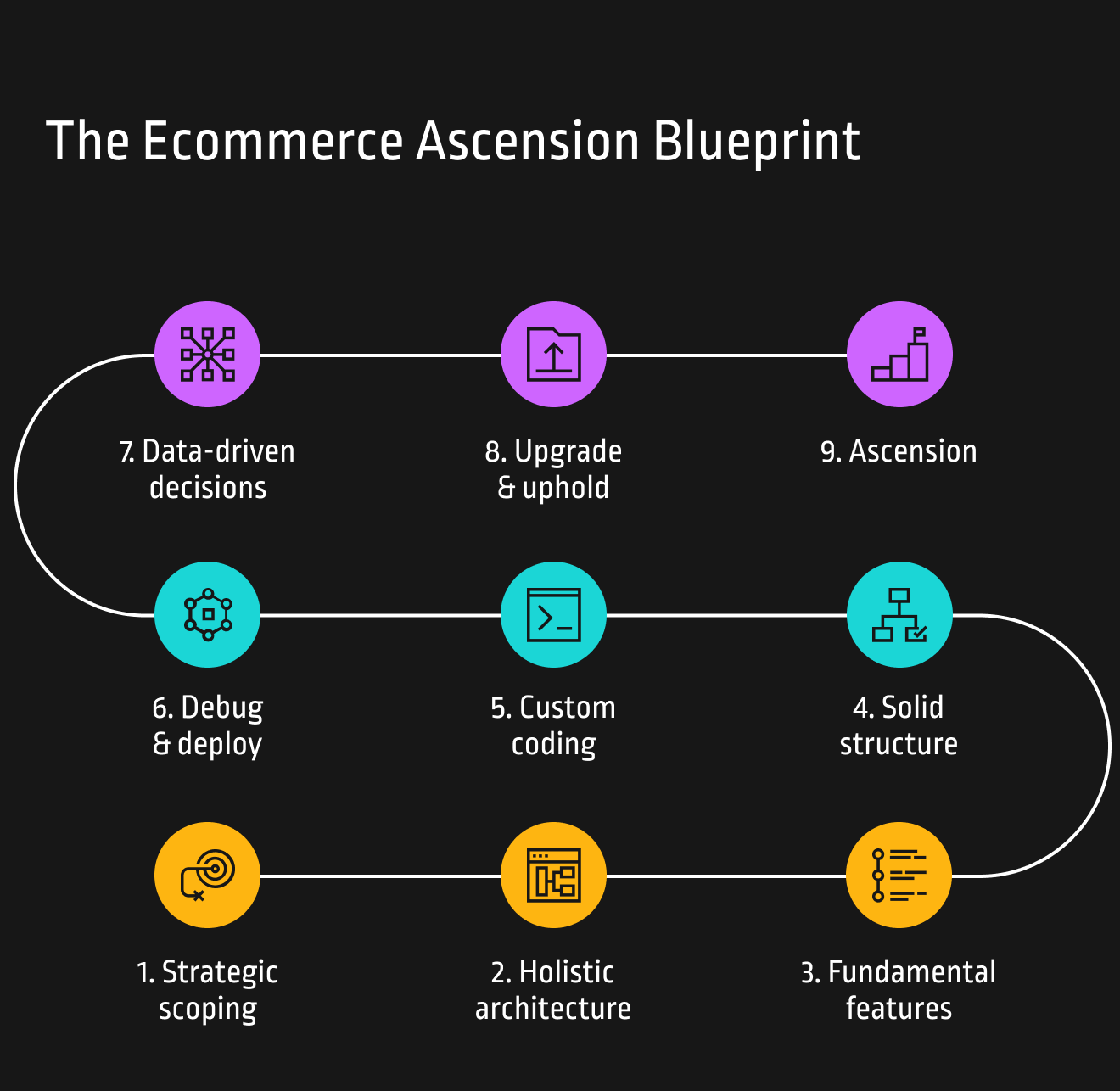Navigating Web Development: When WordPress Isn’t the Right Fit and Other Options
Although WordPress is a highly versatile and popular content management system (CMS), there are instances when it might not be the best choice for your website. In this article, we’ll discuss various scenarios where using WordPress may not be the most suitable solution for your specific needs.
Business Websites and Blogs
There is no concrete scenario when not to use WordPress for your business website or blog. The decision typically comes down to personal preference, legal requirements, or the development team’s experience. If you are not constrained by any external factors, WordPress is generally a good choice for you.
e-Commerce
Don’t use WordPress if:
- You plan to sell more than a couple of thousand products and don’t want to use an external inventory management system. While you can use WordPress to sell large numbers of products (even millions) with the proper systems in place, managing inventory within WordPress can become slow when updating numerous products in bulk.
- You want to create a marketplace and expect everything to work out of the box. No marketplace solution works perfectly from the get-go. Building a marketplace requires integrating many external systems, such as warehouse management, payment providers, package tracking, and transactional emails.
WordPress for Web Apps
Don’t use WordPress to build your web app. WordPress is primarily a CMS designed for blogs, websites, and online shops (using WooCommerce). While it can be extended to support any features a web app may need, the recommended approach is to build the website part of your web app using WordPress and develop the core features using another platform, framework, or programming language.
Alternatives to WordPress
If you find that WordPress is not the ideal solution for your needs, consider these alternatives:
Business Websites and Blogs: Other CMS platforms such as Wix, Squarespace, Webflow, and Joomla! can be used for creating visually appealing and easy-to-manage business websites and blogs. For a headless CMS, consider Strapi for greater flexibility and control.
e-Commerce: The only better solution for those who require a truly robust e-commerce experience is a custom-built online store. Working with a development team, you can create a tailored e-commerce platform that meets your unique requirements and preferences, providing you with full control over its features and functionalities.
Web Apps: For web app development, consider using JavaScript frameworks and libraries like React with Next.js, Vue.js with Nuxt.js or Inertia.js, or Node.js with Nest.js. Additionally, you can explore PHP frameworks like Laravel. These frameworks are designed for building scalable and robust web applications, providing greater flexibility and control over the development process compared to WordPress.
Conclusion
Understanding when not to use WordPress is essential for making informed decisions about your website or web application. By considering your specific needs and exploring alternative solutions, you can choose the most suitable platform to ensure the success of your online presence.
Ready to take your business to the next level? Jumpstart your growth with a free 30-minute consultation with our CEO, Adrian Niculescu. In this session, you’ll discuss your unique requirements and explore the most suitable options for your website or web application.
Schedule your strategy call here: https://calendly.com/neovision/neo-vision-strategy-call?month=2023-01





